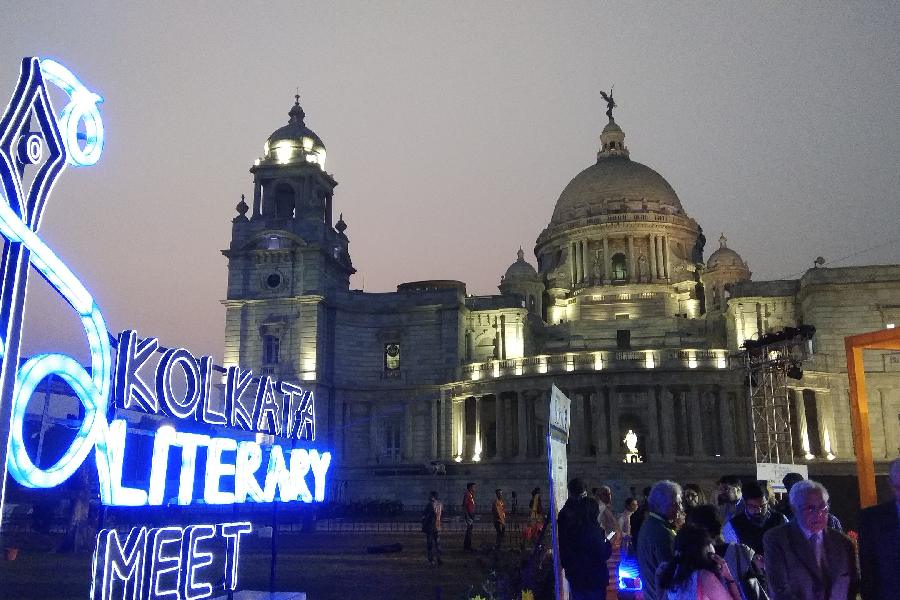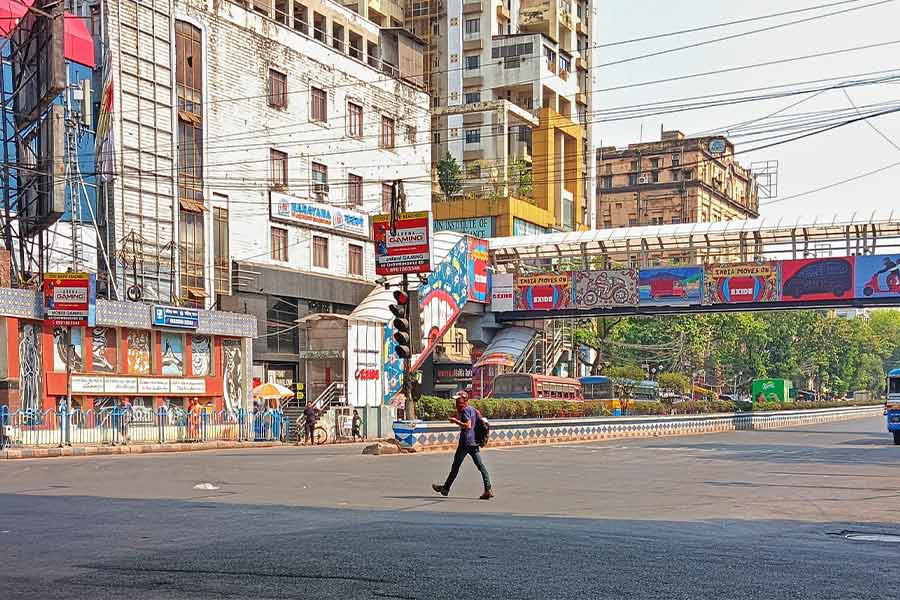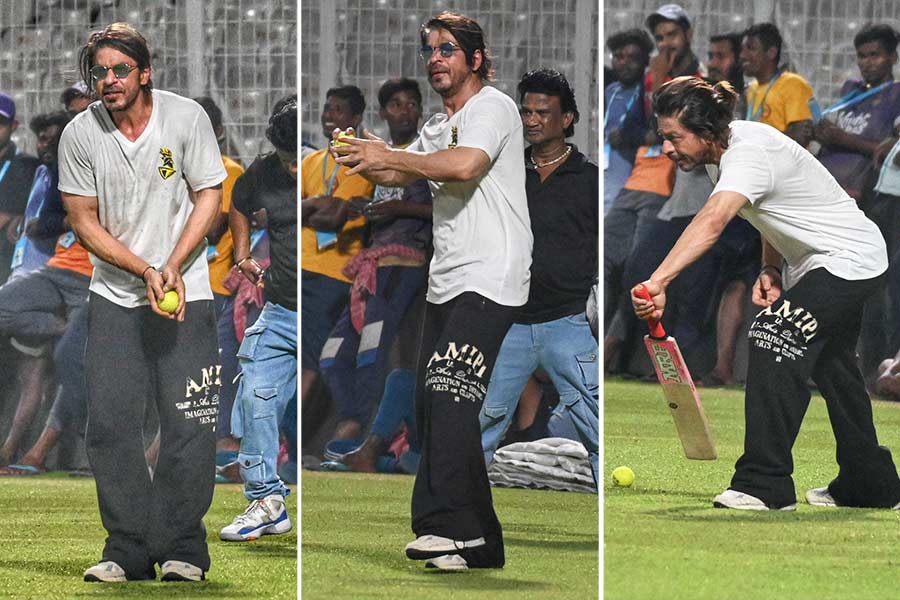The 200th birth anniversary of Michael Madhusudan Dutt, the 19th century poet who introduced amitrakshar chanda, or what is known as Blank Verse, in Bengali poetry was celebrated at a session at Kolkata Literature Festival, in association with The Telegraph.
Dutt was also the first to replace deva mahima, or ode to the divinity, as was the tradition in Bengali poetry, with humanism. He deified Ravana, the demon god, instead of Ram in his celebrated work Meghbad Kabya, which was written in 1861.
Dutt’s 200th birth anniversary, which fell on January 25, was commemorated with a talk titled Michael-er Amitrakshar: Bangla Padye Natun Swar. The session threw light on the poet’s relevance and relatability even now.
Academic Sakti Sadan Mukhopadhyay, poet Agni Roy and poet-literary critic Aveek Majumdar spoke on Dutt’s legacy in Bengali literature.
“It is only appropriate that we are talking about Michael’s amitrakshar chanda just a day after his 200th birth anniversary. He was a 19th century poet and playwright who introduced the sonnet, or chaturdashpadi kabita, in Bengali literature. In 1860, he used amitrakshar in his work Padmabati. And then of course he wrote his epic Meghnad Badh Kabya in amitrakshar,” said Majumdar.
The history of Bengali poetry spans 1,000 years, said Mukhopadhyay.
“During much of that period, Bengali poetry’s structure and rhythm were dominated by mitrakshar, or what is known as payar chanda, where every stanza had to have a fixed rhythm and every stanza had to have a complete meaning. Michael broke that. He laid more stress on meaning than rhythm,” the academic said.
Roy spoke of how another Bengali poet, Satyendranath Dutta, lauded Dutt’s feat of “leaping over payar’s rhythm and creating a new way of writing poetry where meaning is the main force”. If it hadn’t been for amitrakshar, prose poetry would not have been possible, he reminded us.
Mukhopadhyay said of payar: “In those days it was said that Chinese girls would be forced to wear iron shoes to keep their feet small and beautiful. Similarly, payar was like an iron shoe as it forced poets to follow some strict rules. Michael freed Bengali poetry from that iron rule.”
From Bharatchandra to Charjapad, 800 years of Bengali poetry had been dominated by deva mahima, or praise for the divinity. Dutt replaced that with humanism, being a 19th century Bengal renaissance poet. For him, not Ram, but Ravana was the hero.






